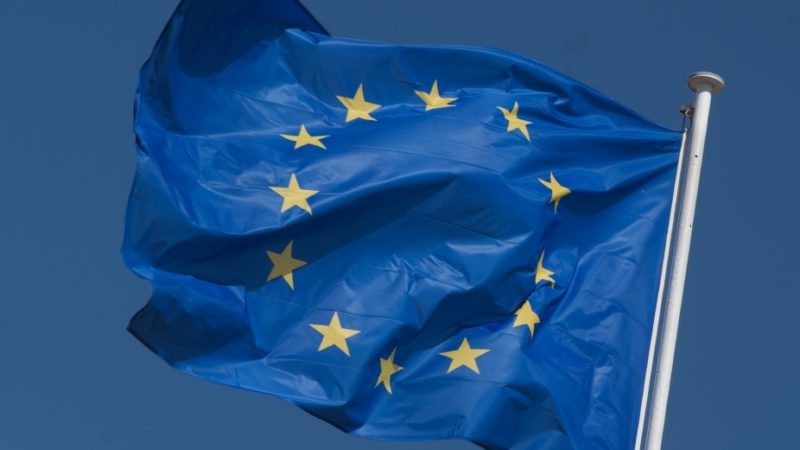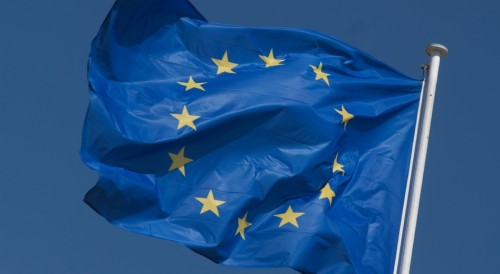

What we are witnessing on our continent’s shores is nothing short of a humanitarian crisis. Now more than ever it is evident that the initial decision by the Home Secretary, Theresa May, as well as the Foreign Secretary Philip Hammond, to end support of the successful search and rescue operation, Mare Nostrum, has been a disastrous one. The government commented at the time that the lifesaving Mare Nostrum was an ‘unintended pull factor’.
Europe’s leaders have failed in providing an adequate and compassionate response to the crisis in the Mediterranean; we have a moral duty to save lives at sea by observing the basic norms of maritime law.
We need an immediate response to prevent these deaths from happening. This means a major expansion of the area and assets of search and rescue operations across the Mediterranean. Simply reinforcing the assets of the existing Triton operation is not enough. Triton only covers 30 miles of the Italian coastline, whereas Mare Nostrum covered the full Sicily Straits and even went into international waters. Any search and rescue operation needs to do the same if we are serious about preventing deaths at sea. The UK government should be leading the case to ensure the full implementation of search and rescue operations across the Mediterranean.
Second, we need a clear commitment from the UK government and other EU leaders, to resettle refugees and the number they will welcome. More than 36,000 have survived the harrowing crossing so far this year and many are from conflict zones such Syria, Somalia and Afghanistan. Pledges to resettle 5000 refugees across the entire EU is simply not enough.
Not one European country is included in the UN’s top-ten list of countries that receive refugees. It is clear that European leaders could do much more in assisting the most vulnerable groups and by offering greater legal avenues into the EU, such as exploring humanitarian visas. By doing so, we can prevent refugees from having to risk their lives again, after fleeing conflict, by relying on human traffickers to make the treacherous journey to safety.
Today, the public’s demands for humanitarian action have received a lukewarm response from the EU Council summit meeting. Focus is being placed on a militarised response to a humanitarian crisis by destroying vessels. Tackling human trafficking is important but we cannot ignore the first priority, saving those in distress at sea. Lessons need to be learnt and the EU’s leaders cannot drag their feet on this urgent matter.
Figures by the International Organisation for Migration reveal that 22,000 lives have been lost in the Mediterranean since 2000. This is an atrocious number which has been increasing drastically in recent years. What we are witnessing on Europe’s shores is a human tragedy which requires immediate action to save lives at sea, starting today. It is wrong to view this as simply an issue of border control; it is essential that leaders adhere to moral responsibilities.
Concrete action is required – saving lives at sea must come first, followed by long-term credible solutions to deter a repeat of this tragedy. As Chair of the European Parliament’s Home Affairs Committee responsible for migration, I will continue to push for a unified reaction to this tragedy, starting with the deployment of search and rescue operations across the Mediterranean shores.




More from LabourList
‘The High Court judgment brings more uncertainty for the trans community’
‘There are good and bad businesses. Labour needs to be able to explain the difference’
‘This ruling should now remove any remaining barrier to approval of EHRC code’